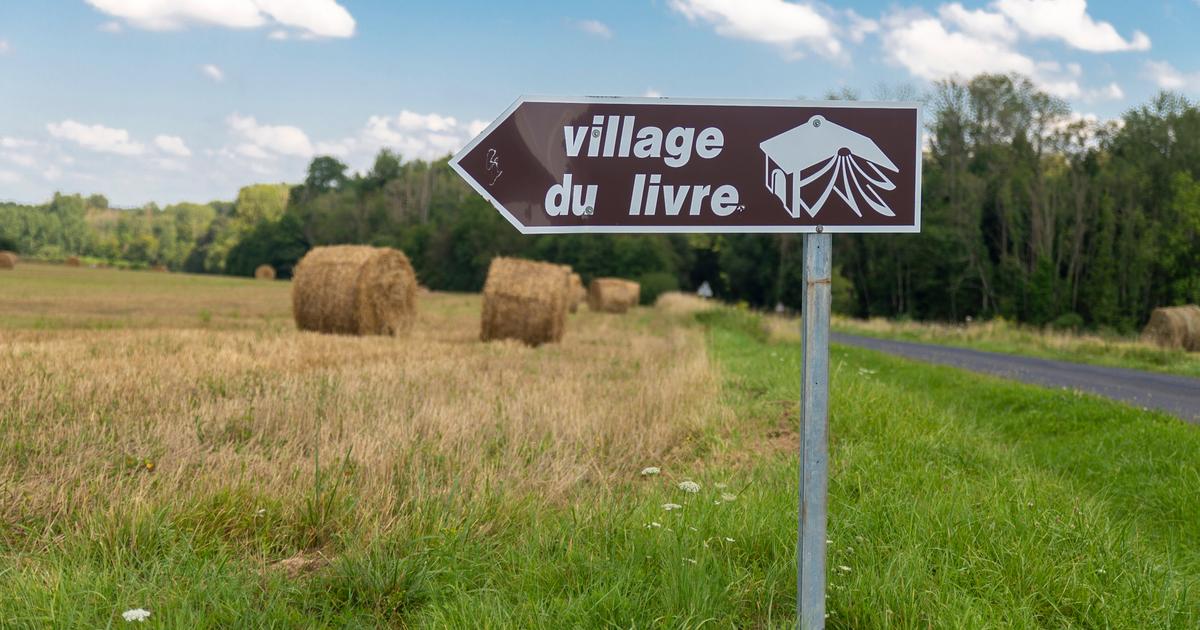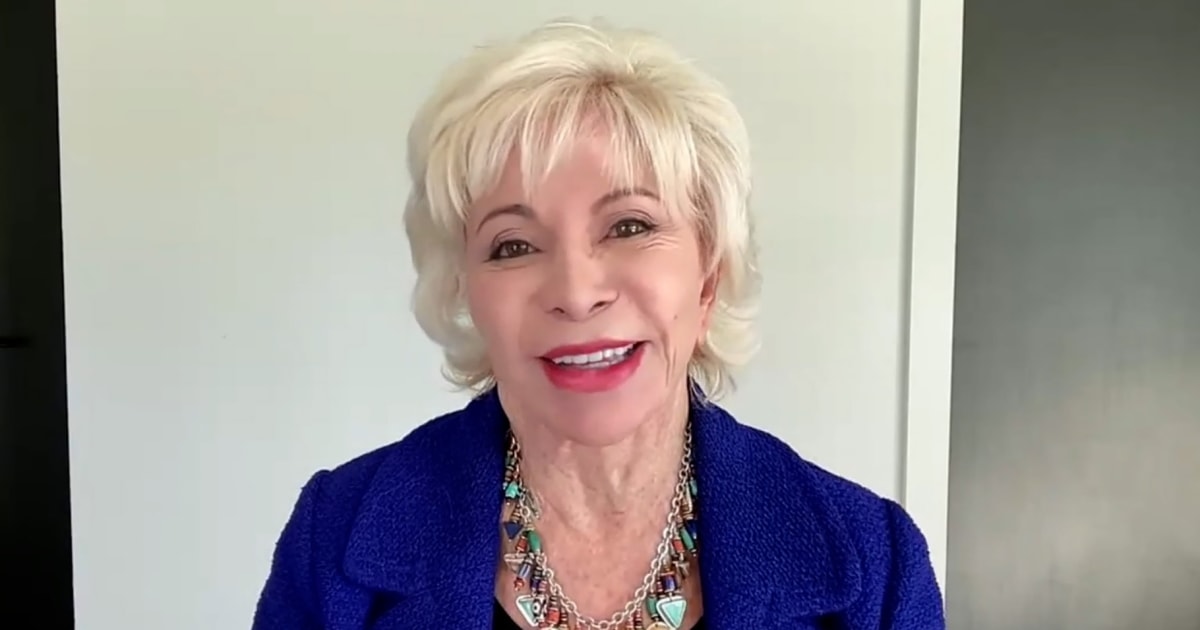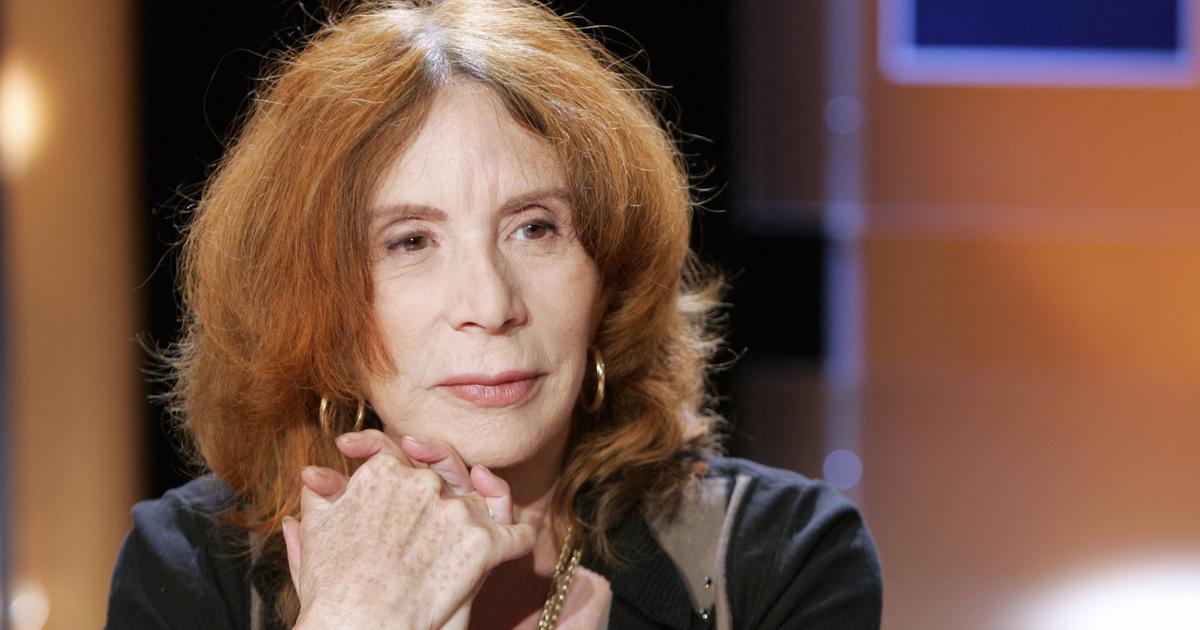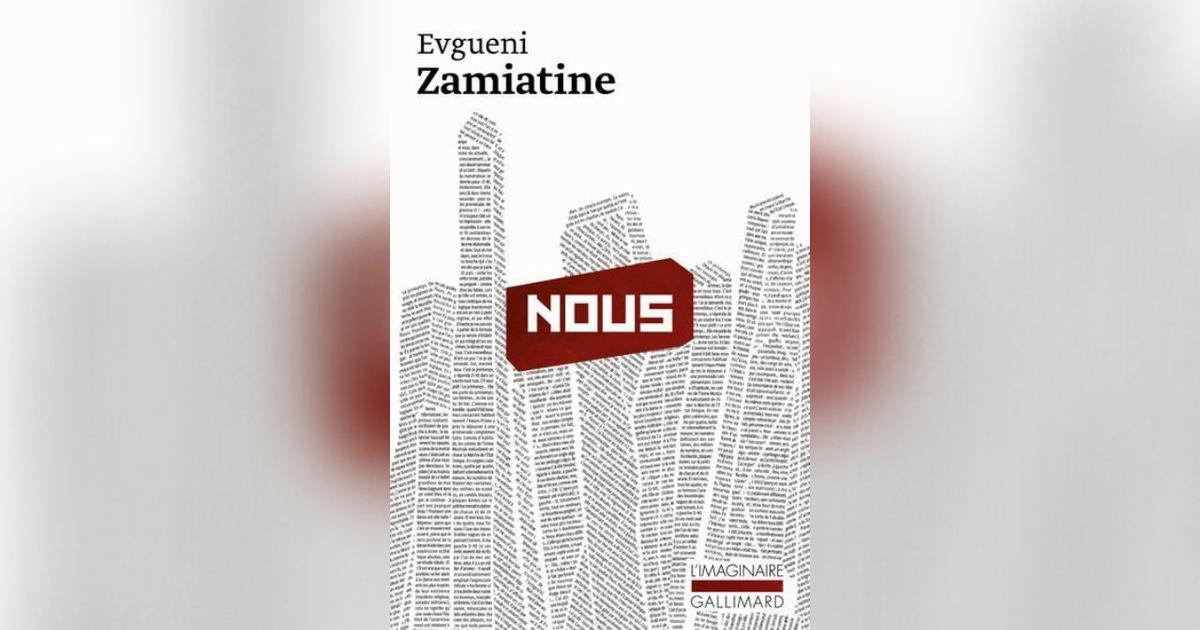Iris Crimson attributes to literature almost magical power.
"Who has the power to stay connected all the time just to reality?", She asks during our conversation.
"Literature jumps to other worlds. It forces me to come out of myself both as a reader and as a writer, and when I meet a person who does not read I can not help but think what wealth he loses, how many worlds he does not get to know."
Crimson, 54, is a children's author, teacher, workshop facilitator and art curator.
She recently won the Sasa Stone Award for Children's Literature for her book "Grandma Masha's Wonder Room" (Lewinsky College of Education), along with the book's illustrator, Yael Albert.
This is the first year this award has been presented.
The organization, founded by the late Philip and Hilda Stone, has been promoting the field of education for hospitalized children in about 40 hospitals across the country for a decade. The ceremony will be held this Thursday at the Yitzhak Rabin Center, the Israeli Museum in Tel Aviv.
"Grandma Masha's Wonder Room" describes a relationship between her granddaughter and her grandmother who writes poetry in Yiddish, which sounds to the little girl as a secret language.
Throughout the story the granddaughter gets a glimpse into the spiritual world of the grandmother, and is exposed to the culture from which she came.
This year also saw the publication of a children's book, "Amelia and the Hat" (Removing Wings and a Crown, illustrated by Aviel Basil).
The protagonist's name is a girl who finds on the street a fancy red hat, which immediately evokes in her an almost limitless imagination and creativity.
This is Crimson's 15th book.
It was preceded, among other things, by "Fred's Bear" (United Kibbutz), which tells the story of a Holocaust survivor from the point of view of his bear;
The bestseller "In Gili's Pockets";
And the series "The Witch Rosalinda" (published by Matar), whose protagonist is a particularly lonely witch who sits on a tree and wishes someone would write her a letter.
Crimson admits that there is hardly a moment when another narrative idea is not brewing in her, even though as a child she did not intend to be a writer at all.
"I live a little in the past"
She was born and raised in Ashdod, served in the IDF as a combat fitness instructor, studied for a bachelor's and master's degree in literature and completed her curatorial studies. , Out of a real "missionary" conviction (by definition) that life without books is not a whole life.
"From the moment I knew how to write, I wrote every day, in endless diaries. One of my lecturers, Miri Baruch, revealed to me the wonderful world of children's literature, and that led me to focus on the master's field, set up such a program at the 'Battle' Foundation and write ... I wrote a lot in a drawer. "And it's interesting that I only started publishing when I got divorced."
Your heroines are characterized by being very creative and very patient. They sew, embroider, design. The various screens do not interest them.
"I'm all nostalgic and live a little in the past. Sometimes I even go to the place and see what was in the past, instead of living the present. I have a frustration that goes with me over the years: my mother was always very creative - sewing, embroidering and knitting - and I was always a girl with "Curved hands and no patience at all. My mother would teach me. I really liked watching her work, but things would get really crooked, so I give these abilities to the heroic children in my stories."
Crimson describes her writing process as a "kind of inner obsession" that does not let go of her.
"'Amelia and the Hat' was born because I saw a red hat on the street and he did not let go of me," she recalls.
"I started writing, and the hat also took over the girl in a story that had to do something unusual with it. Now people send me red hats they find, and tell me their own stories related to the hats and women who wore them."
To look at language from the outside
The writing of "Grandma Masha's Wonder Room" was preceded by a lengthy investigation. Crimson was looking for a personal story through which she could tell the story of the disappearing Yiddish culture, and found it only when she stumbled upon the poet's granddaughter Masha Stucker-Paiuk, born in 1913, who lived and wrote in Israel for the last twenty years, but was completely forgotten, though she created many. Stucker-Paiuk was the inspiration, but the whole story is fictional, both because Crimson had no interest in writing a biography and she preferred, as always, to get carried away with imaginations, and also because in practice the poet's family kept no objects, letters or pictures.
"My grandparents came from Morocco," says Crimson.
"So Yiddish was completely foreign to me, like something from outer space, so starting to write was very difficult for me. It was important for me to write an ending and explain that this language is not mine, that I look at it from the outside and connect to it from my own place, as if Yiddish is Moroccan. "Grandma Masha is the book I would like to write about my mother and my grandmother."
When will you write such a story about a Moroccan grandmother?
"This is the hardest question you could ask me. In the past I was very active in a group of writers from Eastern communities and wrote all kinds of short works, but no more than that. I think each of us should know his lineage because we are not alone in the world. We are connected to some network. A big one that branches off, and we must not erase the sources we came in. I'm sorry I did not collect enough stories from my grandmothers, they too had such a secret language that I did not understand.
"My mother loves to tell stories about her lost childhood in Morocco. All her stories sound like fairy tales. We all roll with laughter, and she swears everything is real. The stories have a lot of power within a family. They bind and empower, but also send us towards so we can move forward. I I see how thirsty my children are to listen to these stories. "
And you do not steal plots for your books from there?
"I started writing many times about my mother's immigration to the country, how her suitcase was stolen on the ship and she arrived with nothing. I'm dying to write it, but something's stopping me and I do not know why. Now that we're talking about it, it's clear to me that more needs to happen. In my mother's life, and it's clear to me that in her case it would be harder for me to separate imagination from reality.I would have a hard time being the writer and not 'my mother's daughter,' A new story from him. "
Do you think literature manages to compete with all the other stimuli in the world of children?
"The responsibility to introduce children to literature is in the hands of the parents. If there are books at home and not just a TV on, the child will have access to the text. I read stories to my children until the age of 18. People think it's troll, but it was our great pleasure. None of my three children needed I read them 'Antigone', then we went to a show in the Cameri and made it a whole thing. When a parent or teacher shows interest and loves text, he manages to pass it on to the kids, and then wow - what sparks can "Books in which children can get lost or vice versa, find themselves, give them extraordinary strength and power."


/cloudfront-eu-central-1.images.arcpublishing.com/prisa/H7FOTEWU7BCBPGTXHO6TB6OI3I.jpg)

/cloudfront-eu-central-1.images.arcpublishing.com/prisa/F5VANCBUYFB3LMPKZA6B23DBJA.jpg)







/cloudfront-eu-central-1.images.arcpublishing.com/prisa/KMEYMJKESBAZBE4MRBAM4TGHIQ.jpg)


